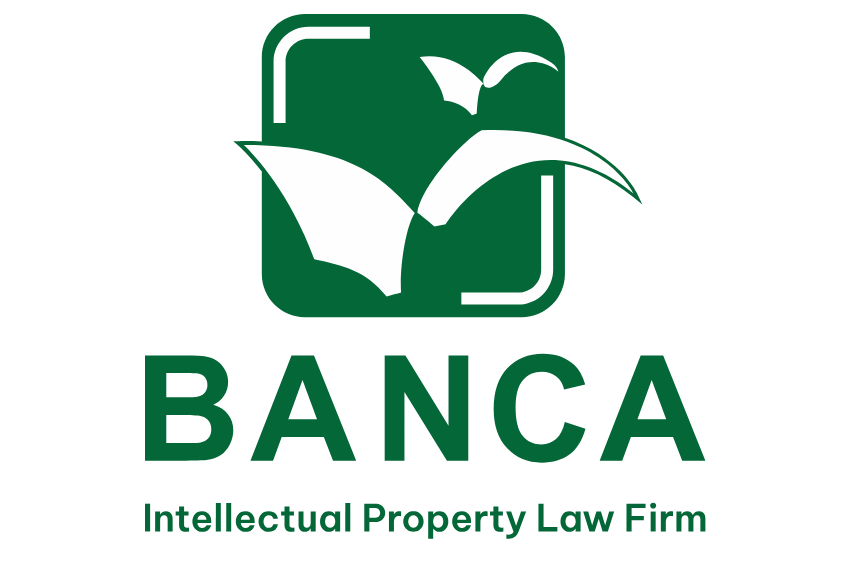As an industrial property representative with over 25 years of experience in intellectual property protection, Banca has handled numerous intellectual property infringement cases for clients in Vietnam. Throughout this process, we have observed that addressing intellectual property violations in general, and trademark violations in particular, require more than just legal measures. It also demands a meticulous and thorough investigation process. In this context, the investigation phase is crucial in helping right holders and law enforcement agencies assess the nature and extent of the infringement. However, in practice, we have found that preliminary investigations conducted by right holders face numerous challenges, especially due to the increasingly sophisticated and professional methods employed by infringing parties. Specifically, the following issues have become major challenges in the process of investigating and addressing intellectual property infringements in Vietnam.
- Identifying the Addresses and Actual Locations of Infringing Parties
One of the biggest difficulties in investigating trademark infringement is identifying the addresses and actual locations of the infringing parties. Although these infringing parties are legally registered entities (such as companies or business households) with full business and tax registration, many of them use “virtual” addresses for business or tax registration purposes. Infringing parties often register their businesses at one address but operate at a different location, which makes it difficult to accurately trace and pinpoint the actual location of the infringing parties. In some cases, when we conducted field investigations at the business registration address of an infringing party, we found that the location was just a regular residential house, with no company sign or office. However, when we sent warning letters to the registered address, we still received responses from the infringing parties. This indicates that the infringers are fully aware of their unlawful activities and deliberately use a “virtual” address to conceal their actual office or warehouse.
In our view, the process of registering a company in Vietnam is relatively simple and does not require strict verification of the registered address. As a result, infringers can easily “borrow” a family member’s residential address or rent an address from others to complete their business registration. This makes it more complicated to determine the actual location of the infringing parties, requiring intellectual property right holders to invest more time, manpower, and resources to verify the information.
- Accurately Identifying the Entity Committing the Infringement
Another issue we face in handling trademark infringement cases is accurately identifying the entity responsible for the infringement, particularly in cases involving health supplements or functional foods. According to regulations, health products intended for market circulation must undergo product registration procedures with the Food Safety Department. If accepted, the Food Safety Department will issue a Product Registration Receipt for the relevant parties. However, we have encountered many cases where the manufacturer or responsible trader listed on the packaging of a health product differs entirely from the information on the Product Registration Receipt.
This discrepancy arises because, under the law, only changes in product name, origin, or composition require re-registration. However, a change in the manufacturer or responsible trader does not require re-registration but merely notification to the Food Safety Department. This has created a loophole in verifying and investigating infringing parties, as the information on the product packaging may not match the information on the Registration Receipt, complicating the process of identifying the infringing entity.
In our view, any change in the manufacturer or responsible trader should require re-registration. If the manufacturer or trader listed on the Registration Receipt differs from the one on the product packaging, it not only confuses consumers but also complicates investigations, resulting in additional time and costs.
- How Infringing Parties “Hide” Behind Legal Business Entities
Infringing parties are also becoming more sophisticated in hiding behind legitimate business entities. In many cases, infringing parties do not directly manufacture or distribute counterfeit products; instead, they use franchise models or rely on intermediary distributors to obscure their traces and avoid detection. These business models make it much more difficult to accurately identify the responsible party and prosecute the infringement.
Conclusion
In conclusion, identifying the parties infringing trademark rights in Vietnam is currently facing many challenges. Infringing parties are becoming increasingly sophisticated in their operational methods, from using virtual addresses to changing product information without public notification. This requires intellectual property right holders, relevant authorities, and legal experts to adopt thorough investigative methods, cooperate closely, and apply effective measures to protect legal rights more efficiently.
Our company remains committed to supporting our clients in protecting their legal trademark rights, aiming to foster a more transparent and fair business environment in Vietnam.






